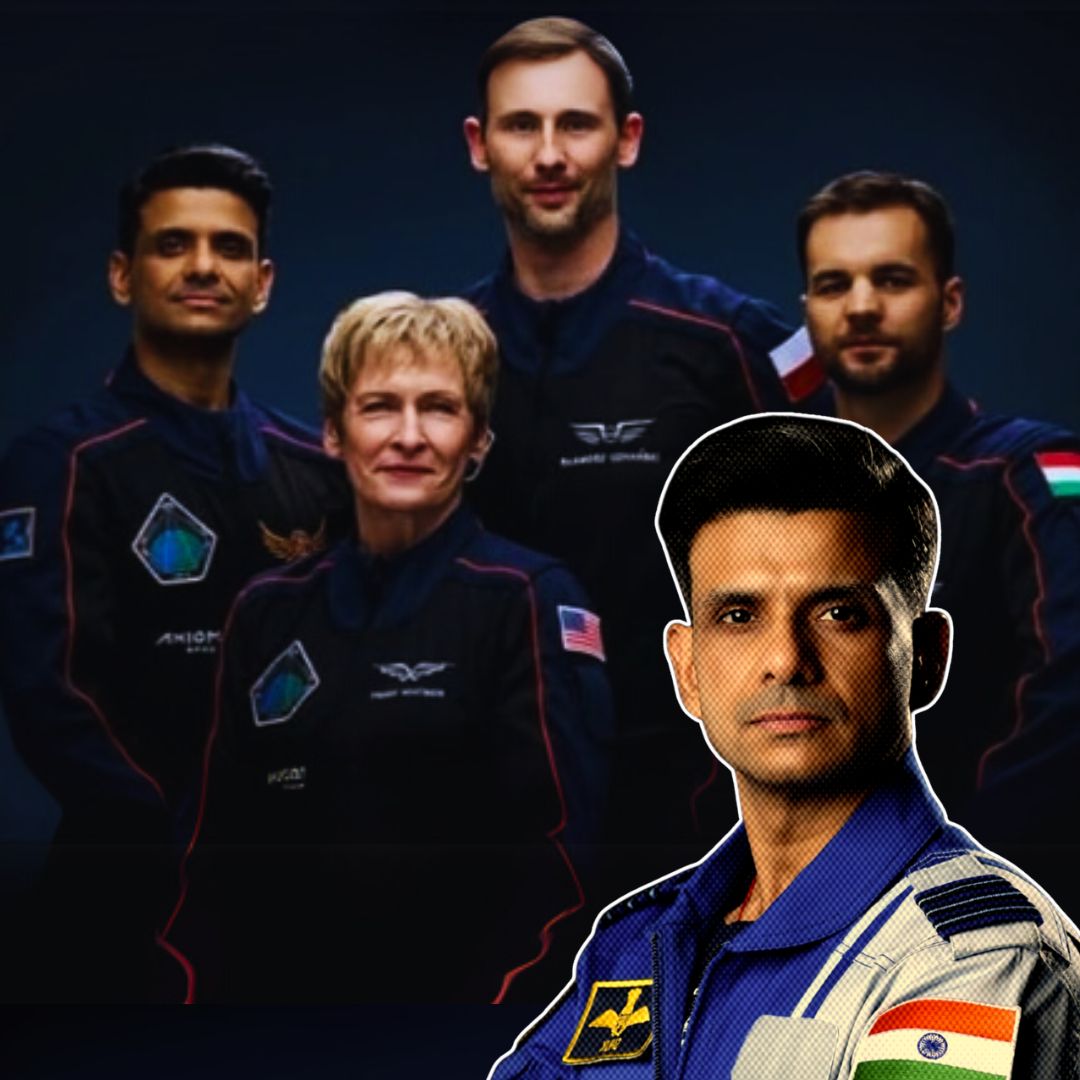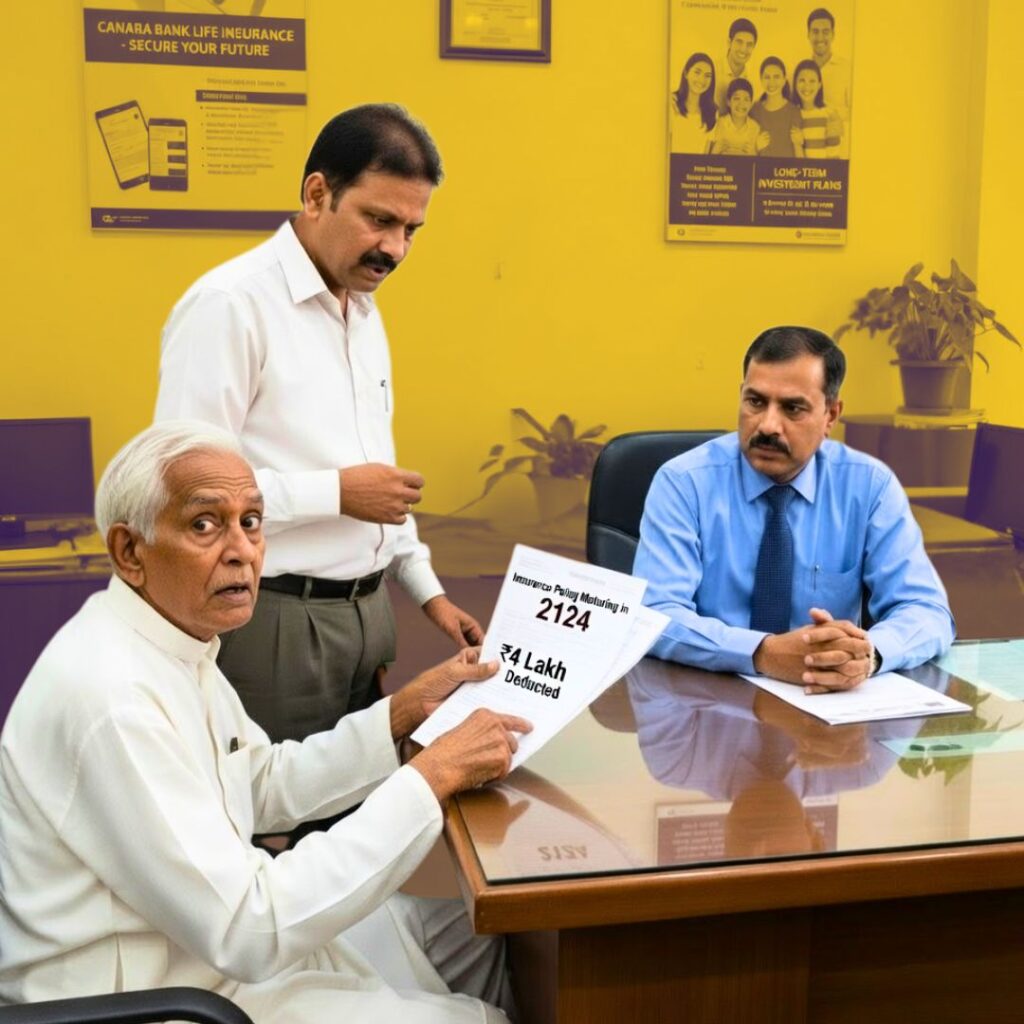Indian Air Force pilot Shubhanshu Shukla is poised to become the second Indian to venture into space, following in the footsteps of Wing Commander Rakesh Sharma, who made history in 1984. Shukla will join the Axiom Mission 4 (Ax-4) to the International Space Station (ISS), scheduled to launch in May 2025 from NASA’s Kennedy Space Center in Florida.
He will serve as the mission pilot alongside former NASA astronaut Peggy Whitson and mission specialists from Poland and Hungary. This mission marks a significant milestone for India’s space exploration efforts and its collaboration with international partners like NASA and Axiom Space. Shukla views his journey as representing “1.4 billion people,” symbolizing national pride and aspirations.
Mission Overview and Significance
Shubhanshu Shukla’s participation in Ax-4 is a landmark moment for India’s space program. As the mission pilot, he will contribute to scientific experiments and outreach programs during the 14-day stay at the ISS. The mission includes around 60 experiments, with seven led by ISRO, focusing on various scientific research and innovation in microgravity.
These experiments will cover a range of topics, including biological systems, materials science, and Earth observation. Shukla plans to highlight India’s cultural heritage by carrying artefacts and performing yoga poses in space, symbolizing India’s growing presence in global space exploration.
His role in the Gaganyaan mission underscores his experience’s value for India’s human spaceflight endeavors. “This mission is not just about me; it’s about the dreams of a nation,” Shukla emphasized, reflecting the broader impact of his journey.
Background and Context
The Ax-4 mission is part of a broader collaboration between ISRO, NASA, and Axiom Space, marking a significant step in expanding private astronaut access to low Earth orbit. This partnership highlights the growing importance of international cooperation in space exploration.
Shukla’s selection as an astronaut-designate for India’s Gaganyaan program further emphasizes his role in India’s ambitious human spaceflight endeavors. The Gaganyaan mission aims to send a three-member crew to a low Earth orbit, and Shukla’s experience on Ax-4 will be invaluable for this project.
India has also identified Group Captain Prasanth Balakrishnan Nair as a backup astronaut for the mission. This collaboration not only enhances India’s space capabilities but also fosters a spirit of global cooperation in the pursuit of scientific knowledge.
The Logical Indian’s Perspective
Shubhanshu Shukla’s journey to space not only reflects India’s technological advancements but also its commitment to global collaboration and peaceful exploration of space. This mission embodies the spirit of coexistence and mutual respect that underpins international space exploration.
As we celebrate this achievement, we must also consider how such endeavors can inspire future generations to pursue careers in STEM fields and foster a deeper appreciation for the wonders of space. The mission’s focus on scientific research and cultural exchange underscores the potential for space exploration to unite nations and advance human understanding.
How do you think Shubhanshu Shukla’s mission will influence India’s role in the global space community, and what impact might it have on inspiring young Indians to pursue careers in space exploration?













